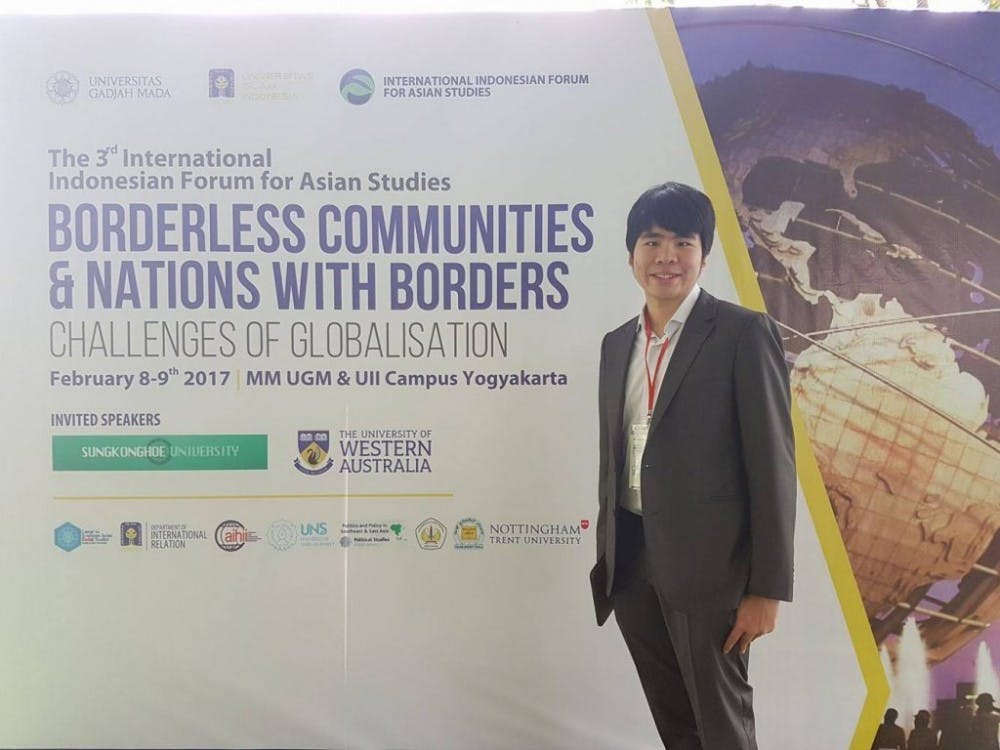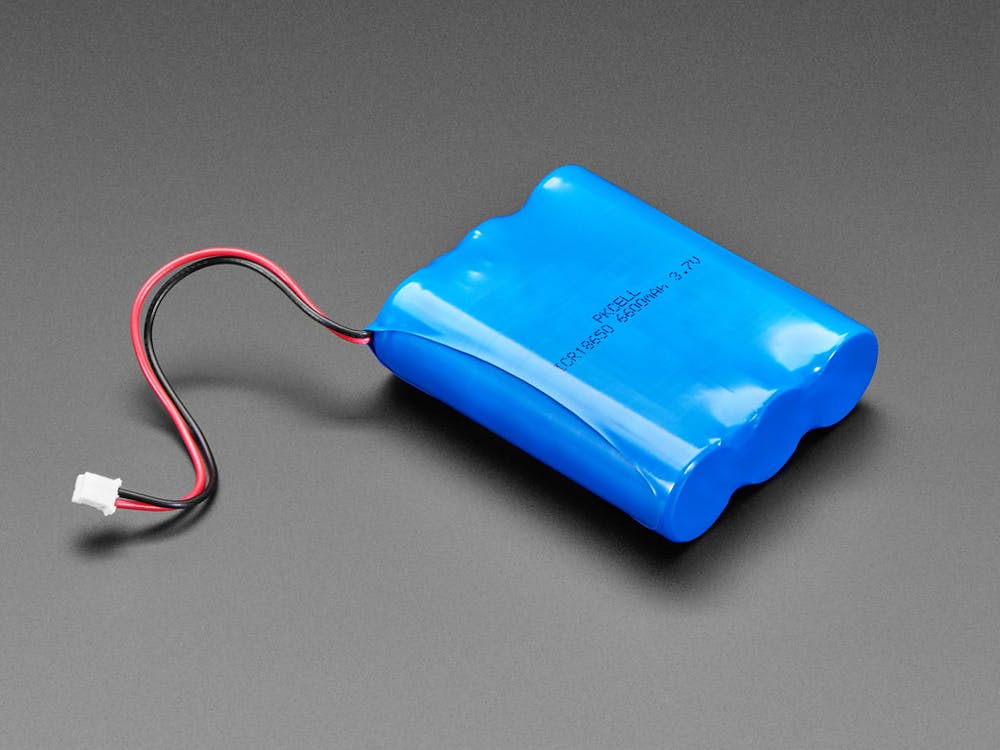At Hopkins, there is a kind of research for everyone, whether it is wet lab research at the Hopkins Hospital, clinical research at the Bloomberg School of Public Health or research through other institutions and study abroad programs. Amidst all of these opportunities, Hopkins also provides research scholarships for students that wish to investigate independent research projects.
Every year, Hopkins awards a handful of undergraduates the Dean’s Undergraduate Research Awards (DURA) and the Provost’s Undergraduate Research Awards (PURA).
DURA are funding opportunities provided to selected students in the Krieger School of Arts & Sciences (KSAS) who demonstrate a strong passion for independent research.
These awards can range anywhere from $500 to $3,000, depending on the nature of the research and the associated cost of execution.
The application process for DURA typically begins in February, applicants get notified of their status in April or May and recipients of the awards can start conducting research the following summer.
PURA, on the other hand, can be granted to Hopkins students in the Peabody Institute, KSAS and Whiting School of Engineering (WSE). Selected members for both PURA and DURA need to submit the findings of their research either through a paper, reflection or presentation.
“I first learned about PURA and DURA during freshman spring through the academic advising office,” Tommy Koh, a junior and a DURA recipient, said.
Koh wanted to do his independent research project on a topic that is timely and relevant. He decided to focus his research on the political legitimation of Singapore, an authoritative and semi-democratic regime. This topic also holds personal importance to Koh since he is a native of Singapore who received a full scholarship to Hopkins from the Singaporean government.
Koh plans on graduating by the end of this year. He is going to continue his higher education by pursuing a Master’s Degree in either sociology or public policy. Eventually, Koh wants to return to Singapore to work in the civil service.
Students who receive DURA and PURA can use the funding on any research-relevant expenses, including, but not limited to, traveling, purchasing equipment and supplies and collecting data.
Students also have the opportunity to work closely with a faculty mentor during and possibly beyond, the duration of the research project.
DURA are open to all freshmen, sophomores and juniors in the Kirger School of Arts & Sciences. Students in the humanities, natural sciences and social sciences are all encouraged to apply.
The application is a holistic process involving a proposal of the topic the student seeks to explore, the question the student hopes to answer through research as well as other personal qualifications.
Other research projects that have been conducted through DURA in the past include investigating patient views on alternative consent models and studying the structures of epimerase function during biosynthesis.
“Research is essentially a puzzle you’re trying to solve, and you must be familiar with the language of the research position. You must have a clear grasp of the big picture of the puzzle you’re looking at as well as the nature of the missing pieces,” Koh said. “From there on, you also need to figure out how you are going to approach the puzzle.”

















